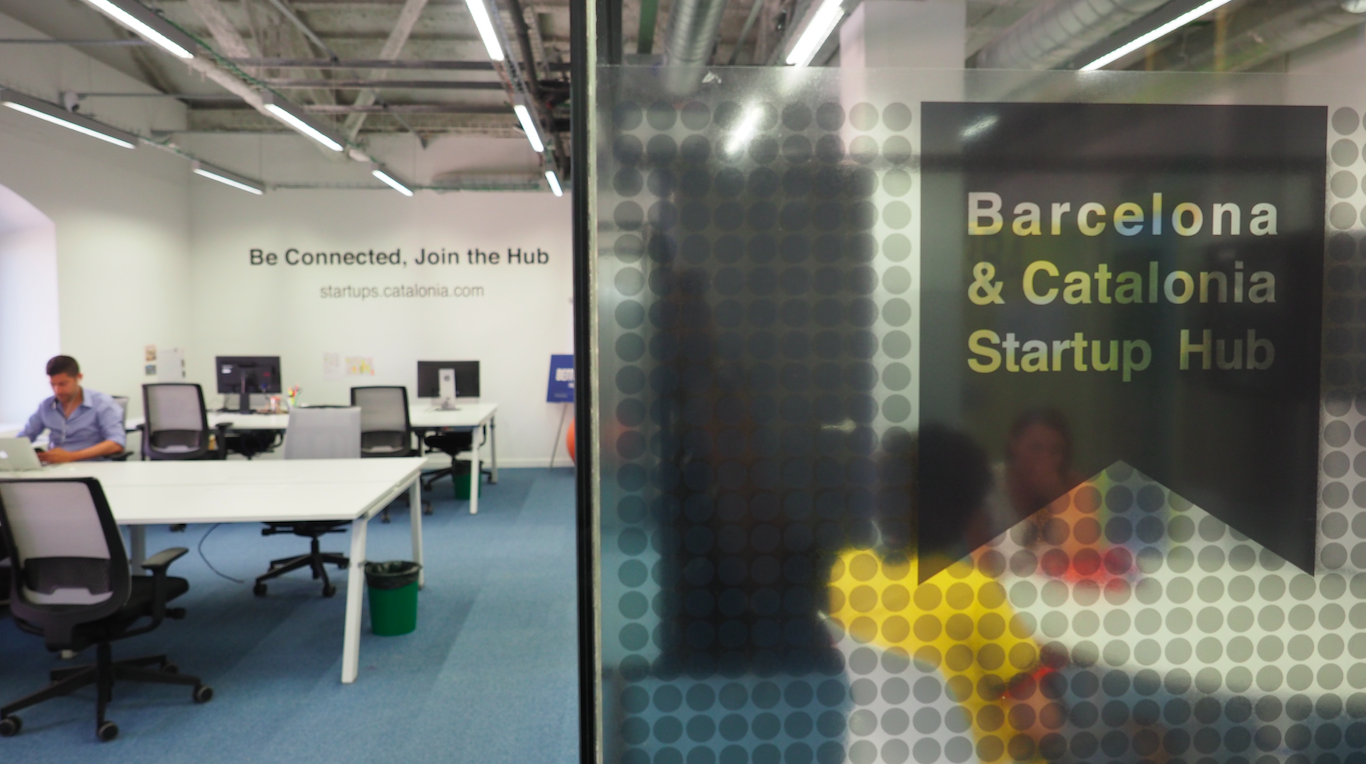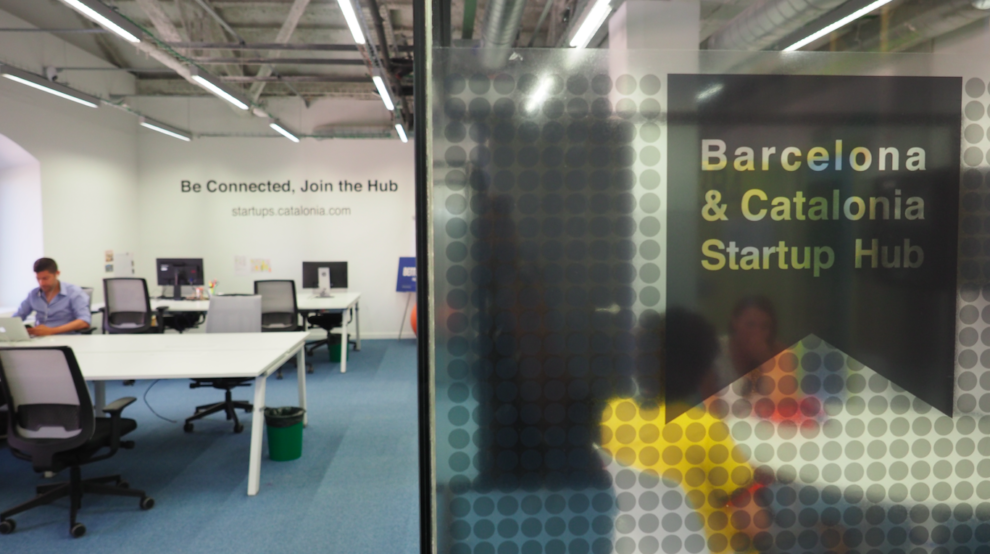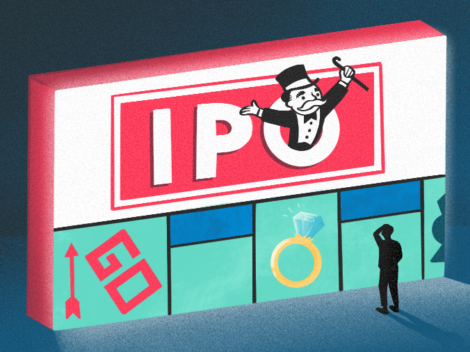When long-standing tension between the Catalan and Spanish governments reached a tipping point in late 2017, some entrepreneurs in Barcelona worried the escalation of conflict could lead to the secession and ultimate independence of Catalonia.
Subscribe to the Crunchbase Daily
Essentially, this would mean that Spain’s most entrepreneurial and wealthy region would be forced to fend for itself without the support of the central government.
As threatening as that may sound, most entrepreneurs in Barcelona are trying to ignore the political fuss and continue with the business of building startups, adopting a seemingly unflappable poise concerning the political clash between their regional authorities and the Spanish central government. The strategy: continue to work as if politics don’t exist.
Amid street turmoil and legal uncertainty, “it’s our obligation” to keep business going, said German entrepreneur Timo Buetefisch who arrived in Catalonia’s capital city of Barcelona in 2002.
“We cannot influence the political surroundings, but within the conditions that we find we have to do the best that we can,” said Buetefisch, CEO of Barcelona-based scooter company Cooltra that operates in six countries with revenue in 2018 of 26 million Euros.
Catalonia in context
Catalonia, an autonomous community in northeast Spain bordering with France, has a distinct culture and its own language, Catalan. This linguistic difference furthers separates the 7.6 million people in the region from the rest of Spain.
The rivalry between Madrid, Spain’s capital, and Barcelona is also fueled by the latter’s entrepreneurial drive and identity as the birthplace of the Industrial Revolution in Spain in the 19th century
“Barcelona is more international, more open-minded and liberal,” said Buetefisch. “Madrid is more closed in its culture and spirit. It is also more attractive to live [in Barcelona] for outside employees and entrepreneurs.”

Political escalation in recent years between the pro-independence political forces that started to regain power in Catalonia in 2010 and the central government in Madrid prompted the passage of an independence referendum in September 2017.
Madrid quickly deemed it illegal and unconstitutional. The ballot went forward despite the central government’s efforts to squash it.
In response, Madrid suspended Catalonia’s autonomy, called for new elections, and arrested the promoters of the referendum on the grounds of rebellion. In the meantime, thousands took to the streets in Catalan cities to support or oppose independence.
But that hasn’t scared off new ventures. In fact, 1,197 start-ups were headquartered in Catalonia’s capital in 2018, slightly behind Madrid, with 1,235, according to a study commissioned by Mobile World Congress, a mega-event for tech professionals held in Barcelona since 2011.
Money also continued to flow abundantly to Barcelona’s startups, which have received 871 million Euros in 2018, a sharp rise from the previous year when they amassed 53 million Euros. Madrid’s startups fared worse in attracting financing from investors, having attracted just 342 million Euros last year and 309 million Euros in 2017, according to the report.

Meanwhile, Madrid leads as the largest investment recipient, although Catalonia has been quite resilient. Private equity and venture capital funds combined put 1.8 billion Euros into companies headquartered in Catalonia last year, from just 1 billion Euros in 2017, according to a report published by ASCRI, a Spanish investment association.

“When foreign startups set up in Barcelona they value the strength of the ecosystem. And the political situation in Catalonia has not had any impact whatsoever on the startups ecosystem itself, which has not stopped growing in recent years, nor on the assets that have made it one of the most attractive places in Europe,” said Àngels Chacón, Minister for Enterprise and Knowledge of the Catalan Government, in an emailed statement.
Gerard Olivé, co-leader of the venture capital fund Antai and co-founder of flagship projects such as Wallapop, a marketplace app, and Glovo, the delivery service start-up, affirms that most founders’ attention is pointed elsewhere.
“Companies are based and made in Barcelona, but markets are worldwide,” said Olivé.
Focus On The Future
Meanwhile, German entrepreneur Christopher Pommerening, co-founder of Barcelona-based VC fund Active, said the Catalan regional government was aware of the business community’s jitters as the row peaked.
“We entrepreneurs were sending a very clear message that the more instability they created, the more difficult it becomes for the entrepreneur ecosystem,” he said.
Pommerening, who tapped the money of several Catalan wealthy families to build his fund designed for investment in early-stage companies, ultimately adopted a keep-the-wheels-turning strategy to deal with the possibility of instability.
“For us entrepreneurs it is very clear: the more stable are our surroundings, the better you can actually build dreams, projects, organizations,” he said. “If you don’t immunize yourself about it you’ll always worry about it.”
Pommerening wasn’t immune to the concerns, however, especially regarding his own startup Learnlife, which puts forward a new educational approach for children.
While raising funding for Learnlife, between 2017 and early 2018, four of the 18 investors in his pipeline “started raising questions like ‘Is there a plan B? In which bank is the money?’” he recalled.
“Investors were definitely asking more questions, and they were concerned about where funds were based in, in banks based in Catalonia or elsewhere,” he said.
However, the common stance seems to be one of nonchalance.
“I really don’t think about it”, said Travelperk’s founder Avi Meir. His travel management platform closed one of the largest investment deals of 2018 in Spain: 38 million Euros in a Series C funding round.
The Israeli entrepreneur settled in Barcelona in 2010 and has founded, developed, and sold businesses in the Catalan city without stopping to pay attention to the fine threads of Catalan politics.
“I prefer to focus on the business; it’s the best thing to do,” said Meir. “Leave politics for the politicians. If you don’t move fast and innovate you won’t have success. Why waste time on politics, on something we can’t control?”
Article written for Crunchbase News by Pedro Garcia, a journalist based in Lisbon, Portugal, covering mainly business and economic themes. Follow him on Twitter.

Stay up to date with recent funding rounds, acquisitions, and more with the Crunchbase Daily.







![Illustration of a guy watering plants with a blocked hose - Global [Dom Guzman]](https://news.crunchbase.com/wp-content/uploads/quarterly-global-3-300x168.jpg)
67.1K Followers